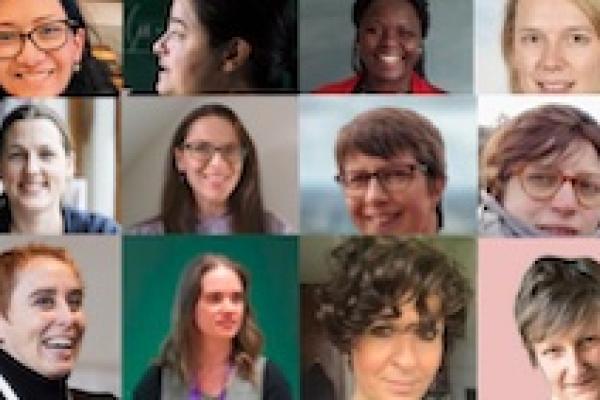
Protecting your data in the face of AI
Artificial intelligence algorithms are often trained on people's personal data. How can we make sure that this data remains private?




Artificial intelligence algorithms are often trained on people's personal data. How can we make sure that this data remains private?




We explore some of our favourite content on the intersection of mathematics and art.



To celebrate this year's International Women's Day we revisit some of the articles, podcasts and videos we have produced with women mathematicians over the last year.




Find out about this important new technology and be part of the conversation.



How does maths help in tackling infectious diseases? Join Julia Gog to find out in this series of videos and articles, and have a go at modelling diseases yourself!




The mathematics of movement can explain the behaviour of many organisms, from cells to humans. This collection of content explores some this maths and its applications.





This collection of articles looks at mathematics relevant to law and justice.




In this year's advent calendar we revisit some of our favourite episodes of our Maths on the move podcast. From the maths of chocolate to the maths of music, there's something here for everyone!
As COP28, the 2023 United Nations Climate Change Conference, kicks off we look at how maths can help understand the climate crisis.




This collection of articles looks at one of the biggest problems in modern physics and at research that aims to solve it.





This collection of articles looks at some basic concepts in epidemiology and how mathematics plays a central role in understanding how infectious diseases spread.



The UK is aiming for a decarbonised electricity supply by 2035. In this collection of articles we look at some of the mathematical, technical, and intellectual questions involved.
